Principal Investigator / Program Director
Joshua Roffman, MD, MMSc - Principal Investigator, Program Director

Dr. Joshua Roffman is a psychiatrist and neuroscientist who studies the biological underpinnings of serious mental illness (SMI). His longstanding goal has been to develop improved interventions for SMI through multimodal brain imaging, genomics, and clinical trials. Following work by Dr. Roffman and his team that demonstrated neuroprotective effects of folic acid in both schizophrenia and normal brain development, his focus has shifted primarily to prevention. An Associate Professor of Psychiatry at Harvard Medical School, Dr. Roffman also co-directs Mass General Neuroscience and the MGH Division of Psychiatric Neuroimaging, founded the Translational Neuroscience Training for Clinicians T32 fellowship, and serves as Editor in Chief of the Harvard Review of Psychiatry.
Principal Investigator / Program Director
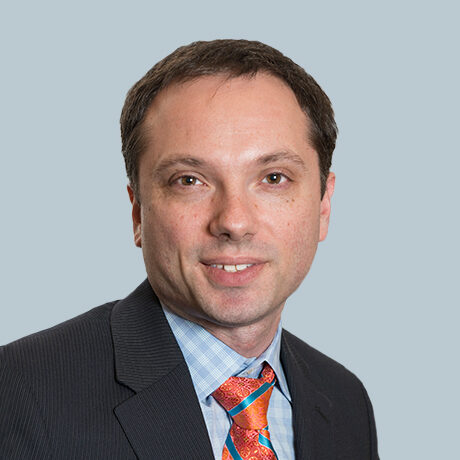
Joshua Roffman, MD, MMSc - Principal Investigator, Program Director
Dr. Joshua Roffman is a psychiatrist and neuroscientist who studies the biological underpinnings of serious mental illness (SMI). His longstanding goal has been to develop improved interventions for SMI through multimodal brain imaging, genomics, and clinical trials. Following work by Dr. Roffman and his team that demonstrated neuroprotective effects of folic acid in both schizophrenia and normal brain development, his focus has shifted primarily to prevention. An Associate Professor of Psychiatry at Harvard Medical School, Dr. Roffman also co-directs Mass General Neuroscience and the MGH Division of Psychiatric Neuroimaging, founded the Translational Neuroscience Training for Clinicians T32 fellowship, and serves as Editor in Chief of the Harvard Review of Psychiatry.
Leadership Team
Erin Dunn, ScD, MPH - Director of Public Health Studies
Dr. Erin Dunn is a social and psychiatric epidemiologist with expertise in genetics. Her research lab uses a developmental lens to understand the mechanisms that influence risk for mood disorders, with an emphasis on depression among women, children and adolescents. Her primary focus is on the role of early environmental exposures, especially childhood adversity. She uses her post-doctoral training in genetics to study the role of genetic variation as well as gene-environment interplay (GxE). Having started her career in early childhood and elementary education, she also studies the role of schools and other social contexts, such as neighborhoods, where youth spend the majority of their time outside of the family. Her work adopts a translational epidemiology perspective, seeking to bridge the “micro” with the “macro.” The long-term goal of her work is to reduce the population-burden of depression by developing population-based prevention strategies and targeting these strategies to specific life stages in development when they could have the greatest impact. While she will maintain a part-time appointment at MGH, as of Summer 2024, she will be transitioning to Purdue University, where she will be a professor of sociology focusing in sociogenomics.
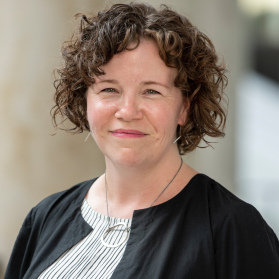
Leadership Team
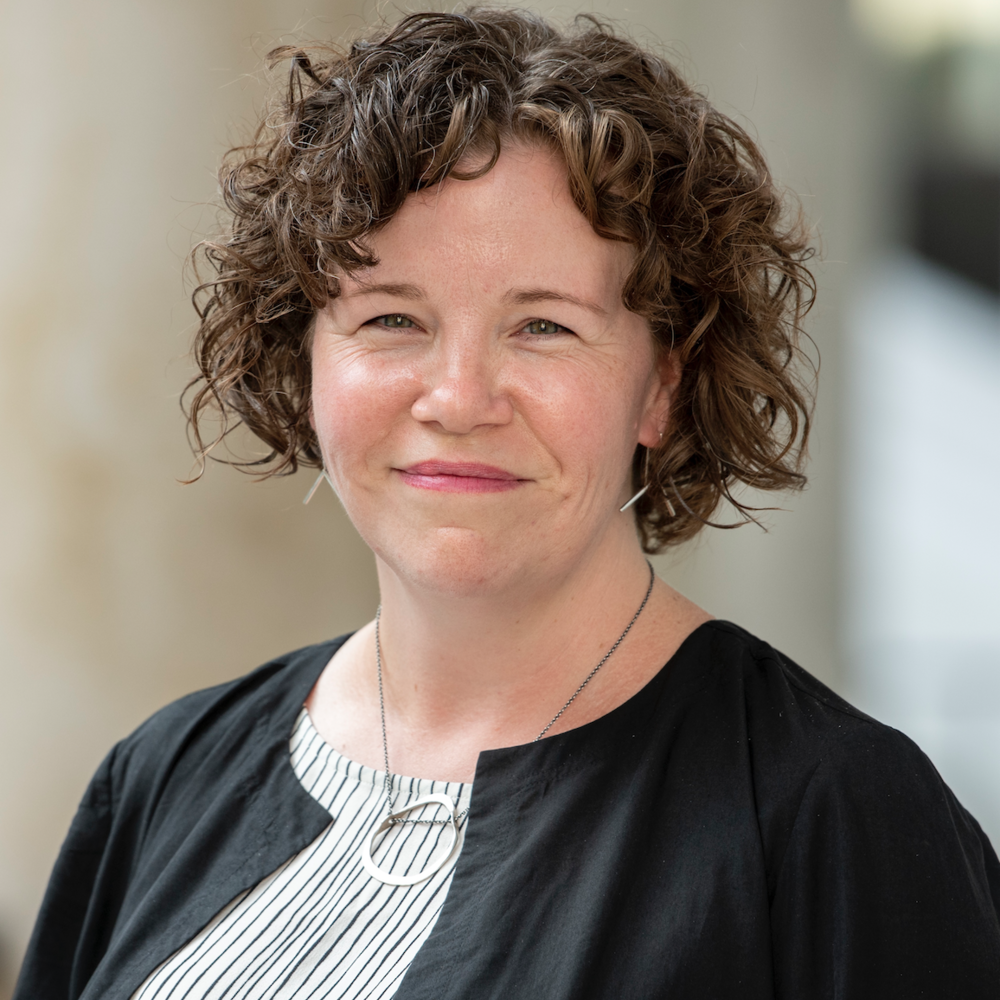
Erin Dunn, ScD, MPH - Director of Public Health Studies
Dr. Erin Dunn is a social and psychiatric epidemiologist with expertise in genetics. Her research lab uses a developmental lens to understand the mechanisms that influence risk for mood disorders, with an emphasis on depression among women, children and adolescents. Her primary focus is on the role of early environmental exposures, especially childhood adversity. She uses her post-doctoral training in genetics to study the role of genetic variation as well as gene-environment interplay (GxE). Having started her career in early childhood and elementary education, she also studies the role of schools and other social contexts, such as neighborhoods, where youth spend the majority of their time outside of the family. Her work adopts a translational epidemiology perspective, seeking to bridge the “micro” with the “macro.” The long-term goal of her work is to reduce the population-burden of depression by developing population-based prevention strategies and targeting these strategies to specific life stages in development when they could have the greatest impact. While she will maintain a part-time appointment at MGH, as of Summer 2024, she will be transitioning to Purdue University, where she will be a professor of sociology focusing in sociogenomics.
Andrea Edlow, MD, ScD - Director of Maternal Fetal Medicine
Dr. Andrea Edlow is an Assistant Professor of Obstetrics, Gynecology and Reproductive Biology at Harvard Medical School and a Maternal-Fetal Medicine specialist at Massachusetts General Hospital. The Edlow Laboratory focuses on the effects of maternal obesity on fetal brain development and offspring behavior, and how these effects are modified by fetal sex. She is particularly interested in the placenta-brain connection and how maternal inflammation may influence the fetal innate immune response. Dr. Edlow’s research is funded by the Reproductive Scientist Development Program/NICHD, the American College of Ob/Gyn, the American Board of Ob/Gyn, the March of Dimes, the Burroughs-Wellcome Fund, the Nutrition Obesity Research Center at Harvard, and the Boston Area Diabetes and Endocrinology Research Center.


Andrea Edlow, MD, ScD - Director of Maternal Fetal Medicine
Dr. Andrea Edlow is an Assistant Professor of Obstetrics, Gynecology and Reproductive Biology at Harvard Medical School and a Maternal-Fetal Medicine specialist at Massachusetts General Hospital. The Edlow Laboratory focuses on the effects of maternal obesity on fetal brain development and offspring behavior, and how these effects are modified by fetal sex. She is particularly interested in the placenta-brain connection and how maternal inflammation may influence the fetal innate immune response. Dr. Edlow’s research is funded by the Reproductive Scientist Development Program/NICHD, the American College of Ob/Gyn, the American Board of Ob/Gyn, the March of Dimes, the Burroughs-Wellcome Fund, the Nutrition Obesity Research Center at Harvard, and the Boston Area Diabetes and Endocrinology Research Center.
Rakesh Karmacharya, MD, PhD - Director of Translational Neuroscience
Dr. Rakesh Karmacharya is an Assistant Professor in Psychiatry at Harvard Medical School and the Director of Stem Cell Research of the Center for Experimental Drugs and Diagnostics. He is also a Physician-Scientist in the Chemical Biology Program at the Broad Institute of Harvard and MIT, and the Medical Director of the Schizophrenia and Bipolar Disorder Research Clinic at McLean Hospital. Dr. Karmacharya received an A.B. in Biochemistry from Harvard University, an M.S. in Molecular Biophysics from Yale University and an MD and a PhD in Biophysics from the Albert Einstein College of Medicine in New York. His graduate studies focused on theoretical studies of the quantum mechanics of proton tunneling in condensed phase. He completed an internship in Medicine at Massachusetts General Hospital (MGH), and a residency in psychiatry at MGH and McLean Hospital. He served as the Chief Resident of the Schizophrenia and Bipolar Disorder Program. After his residency, he undertook postdoctoral studies in chemical biology under the mentorship of Prof. Stuart L. Schreiber.

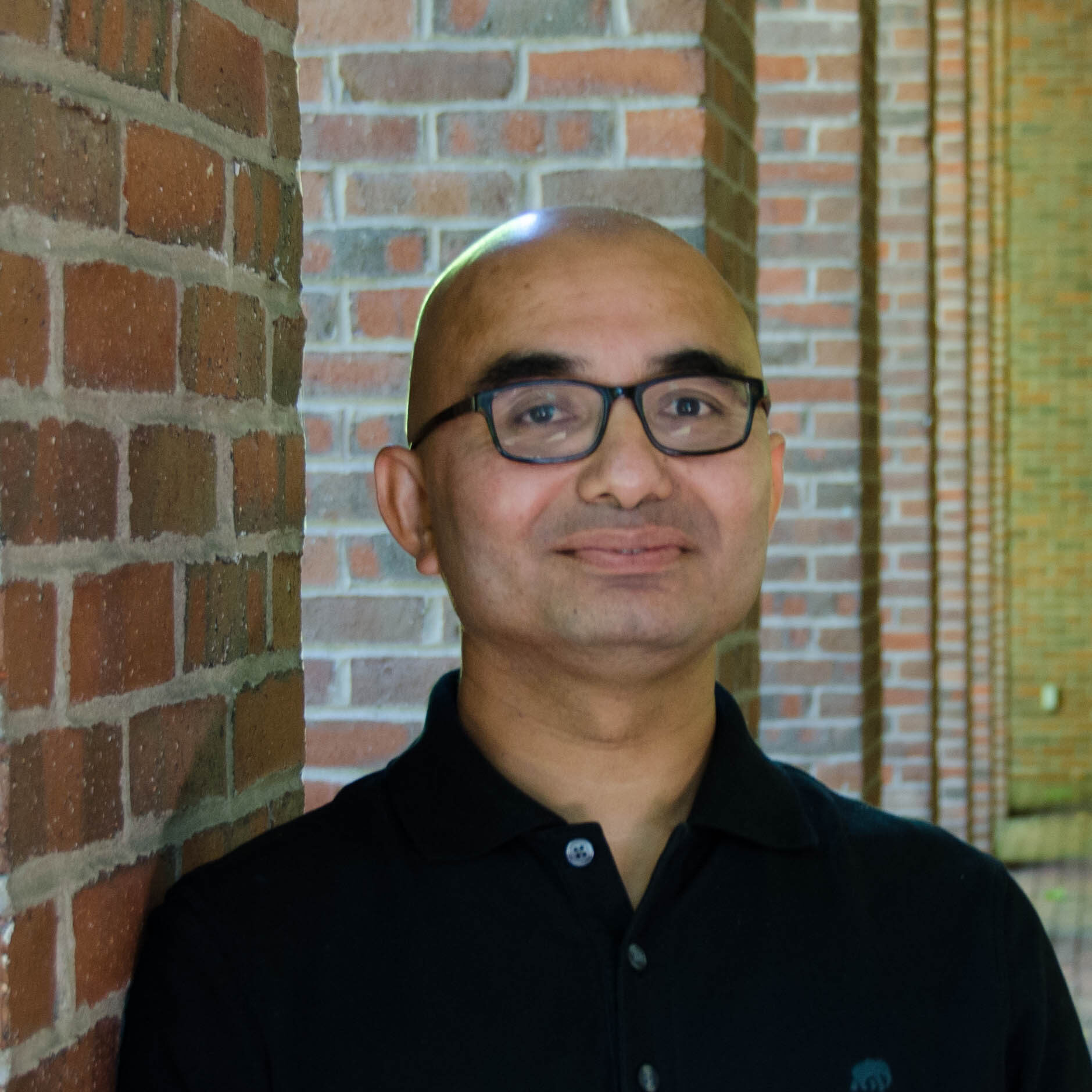
Rakesh Karmacharya, MD, PhD - Director of Translational Neuroscience
Dr. Rakesh Karmacharya is an Assistant Professor in Psychiatry at Harvard Medical School and the Director of Stem Cell Research of the Center for Experimental Drugs and Diagnostics. He is also a Physician-Scientist in the Chemical Biology Program at the Broad Institute of Harvard and MIT, and the Medical Director of the Schizophrenia and Bipolar Disorder Research Clinic at McLean Hospital. Dr. Karmacharya received an A.B. in Biochemistry from Harvard University, an M.S. in Molecular Biophysics from Yale University and an MD and a PhD in Biophysics from the Albert Einstein College of Medicine in New York. His graduate studies focused on theoretical studies of the quantum mechanics of proton tunneling in condensed phase. He completed an internship in Medicine at Massachusetts General Hospital (MGH), and a residency in psychiatry at MGH and McLean Hospital. He served as the Chief Resident of the Schizophrenia and Bipolar Disorder Program. After his residency, he undertook postdoctoral studies in chemical biology under the mentorship of Prof. Stuart L. Schreiber.
Paul Lerou, MD - Director of Neonatology
Dr. Paul Lerou is a neonatologist at Massachusetts General Hospital, where he serves as Division Chief of Neonatology and Newborn Medicine for MassGeneral Hospital for Children. He is also an Assistant Professor of Pediatrics at Harvard Medical School. Dr. Lerou graduated from Jefferson Medical College and did his residency and chief residency at Boston Children’s Hospital, followed by fellowship in the Harvard Neonatal-Perinatal Fellowship Training Program. He did his post-doctoral research in the George Daley Laboratory at Boston Children’s Hospital. Lerou's research is focused on using stem cells to better understand how genetic disorders and prematurity affect a child's development over the course of his or her lifetime and to ultimately develop new treatment strategies. Currently his lab is using tracheal aspirate-derived lung progenitor cells to study bronchopulmonary dyplasia, a chronic lung disease that is one of the most common complications of premature birth.
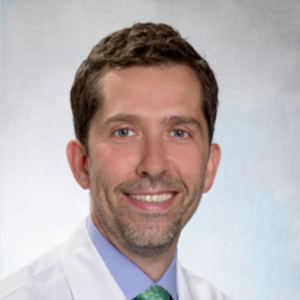
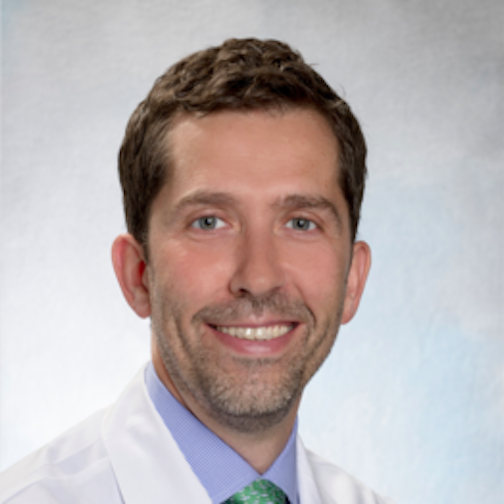
Paul Lerou, MD - Director of Neonatology
Dr. Paul Lerou is a neonatologist at Massachusetts General Hospital, where he serves as Division Chief of Neonatology and Newborn Medicine for MassGeneral Hospital for Children. He is also an Assistant Professor of Pediatrics at Harvard Medical School. Dr. Lerou graduated from Jefferson Medical College and did his residency and chief residency at Boston Children’s Hospital, followed by fellowship in the Harvard Neonatal-Perinatal Fellowship Training Program. He did his post-doctoral research in the George Daley Laboratory at Boston Children’s Hospital. Lerou's research is focused on using stem cells to better understand how genetic disorders and prematurity affect a child's development over the course of his or her lifetime and to ultimately develop new treatment strategies. Currently his lab is using tracheal aspirate-derived lung progenitor cells to study bronchopulmonary dyplasia, a chronic lung disease that is one of the most common complications of premature birth.
Julie Levison, MD, MPH, MPhil, FACP - Director of Implementation Science
Dr. Julie Levison is an Assistant Professor of Medicine at Harvard Medical School, and is board certified in internal medicine and infectious disease. Her clinical interests are in general infectious diseases, HIV medicine, and immigrant health with a focus on a team-based, patient-centered approach to delivering infectious disease specialty care in the community setting. Her research focuses on understanding and addressing disparities in HIV outcomes in minority populations with specific attention to immigrant populations. She is principle investigator of a K23 career development award from the National Institute of Mental Health to develop and evaluate a community health worker intervention to improve engagement in HIV care in Latino immigrants in the greater Boston area. She has developed novel tools to leverage the electronic medical record for HIV outcomes research with immigrant populations. Working in partnership with community-based organizations and health care providers, Dr. Levison focuses on developing effective interventions to improve HIV care and treatment in Latino immigrants. She is an active member of the Infectious Disease Society of America and the American College of Physicians, where she is a Fellow. She is also a Research Scientist in the National Hispanic Science Network. Dr. Levison was named to El Planeta’s Powermeter 100, a list of Massachusetts’ 2017 Most Influential People for Latinos. Dr. Levison is the recipient of the Arnold Gold Foundation Leonard Tow Humanism in Medicine Award from Harvard Medical School and has spoken nationally and internationally on physician responsibility in the care of survivors of torture.
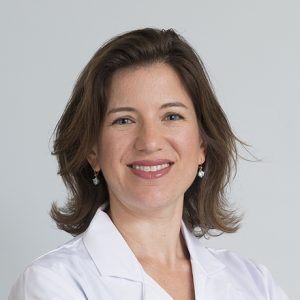
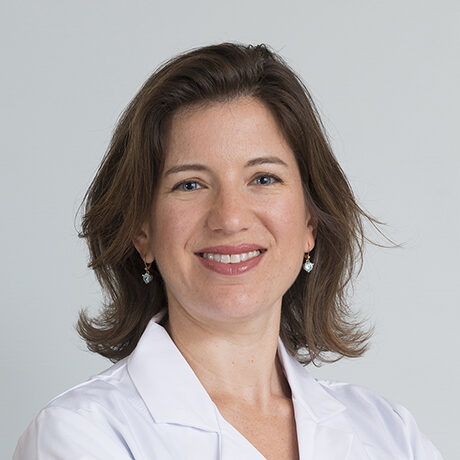
Julie Levison, MD, MPH, MPhil, FACP - Director of Implementation Science
Dr. Julie Levison is an Assistant Professor of Medicine at Harvard Medical School, and is board certified in internal medicine and infectious disease. Her clinical interests are in general infectious diseases, HIV medicine, and immigrant health with a focus on a team-based, patient-centered approach to delivering infectious disease specialty care in the community setting. Her research focuses on understanding and addressing disparities in HIV outcomes in minority populations with specific attention to immigrant populations. She is principle investigator of a K23 career development award from the National Institute of Mental Health to develop and evaluate a community health worker intervention to improve engagement in HIV care in Latino immigrants in the greater Boston area. She has developed novel tools to leverage the electronic medical record for HIV outcomes research with immigrant populations. Working in partnership with community-based organizations and health care providers, Dr. Levison focuses on developing effective interventions to improve HIV care and treatment in Latino immigrants. She is an active member of the Infectious Disease Society of America and the American College of Physicians, where she is a Fellow. She is also a Research Scientist in the National Hispanic Science Network. Dr. Levison was named to El Planeta’s Powermeter 100, a list of Massachusetts’ 2017 Most Influential People for Latinos. Dr. Levison is the recipient of the Arnold Gold Foundation Leonard Tow Humanism in Medicine Award from Harvard Medical School and has spoken nationally and internationally on physician responsibility in the care of survivors of torture.
Co-Investigators
Victoria A. Grunberg, PhD - Co-Investigator

Victoria Grunberg, PhD is a clinical psychology postdoctoral fellow in the T32 Translational Neuroscience Training for Clinicians program at Massachusetts General Hospital/Harvard Medical School (MGH/HMS). She earned a BA in Psychology from University of Colorado, Boulder (2012); MS in Psychology from Drexel University (2016); and PhD in Clinical Psychology (concentrations in Health Psychology and Neuropsychology) from Drexel University (2021). She completed her clinical internship at Integrated Brain Health Clinical and Research Program, MGH/HMS (2021). Her research focuses on enhancing biopsychosocial outcomes and resiliency in families coping with reproductive health issues. Within the T32 TNTC program, she works with Josh Roffman, MD on the Brain Health Begins Before Birth study, Paul Lerou, MD (Chief, Neonatology and Newborn Medicine), and Ana-Maria Vranceanu, PhD (Founding Director, IBHCRP).
Co-Investigators
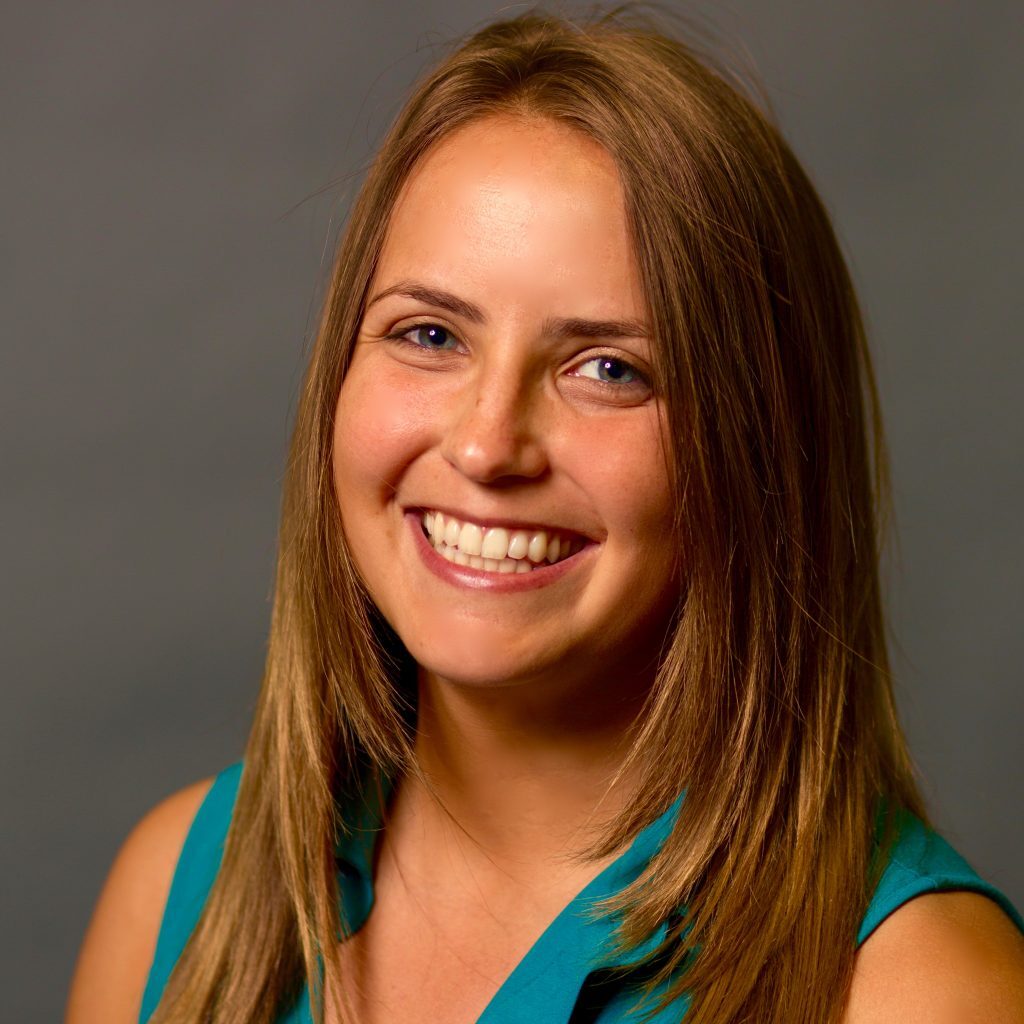
Victoria A. Grunberg, PhD - Co-Investigator
Victoria Grunberg, PhD is a clinical psychology postdoctoral fellow in the T32 Translational Neuroscience Training for Clinicians program at Massachusetts General Hospital/Harvard Medical School (MGH/HMS). She earned a BA in Psychology from University of Colorado, Boulder (2012); MS in Psychology from Drexel University (2016); and PhD in Clinical Psychology (concentrations in Health Psychology and Neuropsychology) from Drexel University (2021). She completed her clinical internship at Integrated Brain Health Clinical and Research Program, MGH/HMS (2021). Her research focuses on enhancing biopsychosocial outcomes and resiliency in families coping with reproductive health issues. Within the T32 TNTC program, she works with Josh Roffman, MD on the Brain Health Begins Before Birth study, Paul Lerou, MD (Chief, Neonatology and Newborn Medicine), and Ana-Maria Vranceanu, PhD (Founding Director, IBHCRP).
Jacqueline (Jacci) Clauss, MD, PhD - Co-Investigator

Jacci is a child, adolescent, and adult psychiatrist at Massachusetts General Hospital (MGH) and an Instructor in Psychiatry at Harvard Medical School (HMS). She is the founding medical director of the MGH Resilience Evaluation-Social Emotional Training Program, which is a clinical and research program for adolescents and young adults at clinical high risk for psychosis. She earned a BA in Neuroscience from Johns Hopkins University, a PhD in Neuroscience at Vanderbilt University in the laboratory of Dr. Jennifer Blackford, and an MD at Vanderbilt University School of Medicine. She completed her adult, child, and adolescent psychiatry clinical training at Massachusetts General and McLean Hospitals. Her research focuses on using functional MRI to identify trajectories of risk and resilience among individuals with early psychotic symptoms. She works with Daphne Holt, MD, PhD and Joshua Roffman, MD. She is currently a post-doctoral fellow on the T32 Translational Neuroscience Training for Clinicians program at MGH/HMS and has received the NIMH Outstanding Resident Award, the HMS Dupont-Warren Fellowship, and the MGH Louis V. Gerstner Scholar Award. While she will maintain a part-time appointment at MGH and the EBDI, Jacci will be relocating to Maryland in July 2024 to start a position as an Assistant Professor at the University of Maryland School of Medicine.
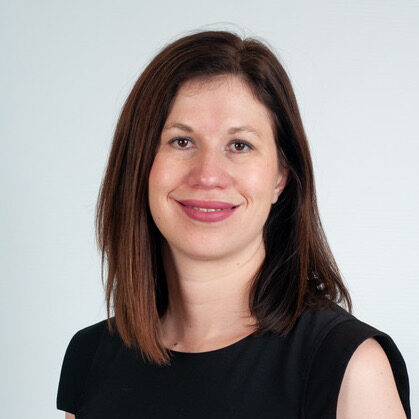
Jacqueline (Jacci) Clauss, MD, PhD - Co-Investigator
Jacci is a child, adolescent, and adult psychiatrist at Massachusetts General Hospital (MGH) and an Instructor in Psychiatry at Harvard Medical School (HMS). She is the founding medical director of the MGH Resilience Evaluation-Social Emotional Training Program, which is a clinical and research program for adolescents and young adults at clinical high risk for psychosis. She earned a BA in Neuroscience from Johns Hopkins University, a PhD in Neuroscience at Vanderbilt University in the laboratory of Dr. Jennifer Blackford, and an MD at Vanderbilt University School of Medicine. She completed her adult, child, and adolescent psychiatry clinical training at Massachusetts General and McLean Hospitals. Her research focuses on using functional MRI to identify trajectories of risk and resilience among individuals with early psychotic symptoms. She works with Daphne Holt, MD, PhD and Joshua Roffman, MD. She is currently a post-doctoral fellow on the T32 Translational Neuroscience Training for Clinicians program at MGH/HMS and has received the NIMH Outstanding Resident Award, the HMS Dupont-Warren Fellowship, and the MGH Louis V. Gerstner Scholar Award. While she will maintain a part-time appointment at MGH and the EBDI, Jacci will be relocating to Maryland in July 2024 to start a position as an Assistant Professor at the University of Maryland School of Medicine.
Research Staff
Rachel Pride, MPH - Clinical Research Program Manager
Rachel Pride, MPH is a graduate of the Columbia University Mailman School of Public Health Department of Population and Family Health where she focused in sexuality, sexual, and reproductive health. While at Columbia, she worked on research studies about child language development, adolescent sexual and reproductive health, and navigating pregnancy within the adult and juvenile justice systems. She earned her BS in Neuroscience from DePaul University in Chicago where she did her capstone project on class disparities in early childhood brain development and stress neurobiology. In addition to managing the B4 and ACEND studies with EBDI, Rachel has recently worked as a medical advocate with the Boston Area Rape Crisis Center; as a volunteer birth doula with the Birthing Gently Maternal Health Program at Mass General Brigham; as a Research Associate with Amaka Consulting and Evaluation Services working on evaluating substance use harm reduction programs; and as a Research Fellow at Planned Parenthood League of Massachusetts working in reproductive health equity research. Rachel will leave the lab in Fall 2024 to pursue a Master of Science in Nursing at Simmons University.
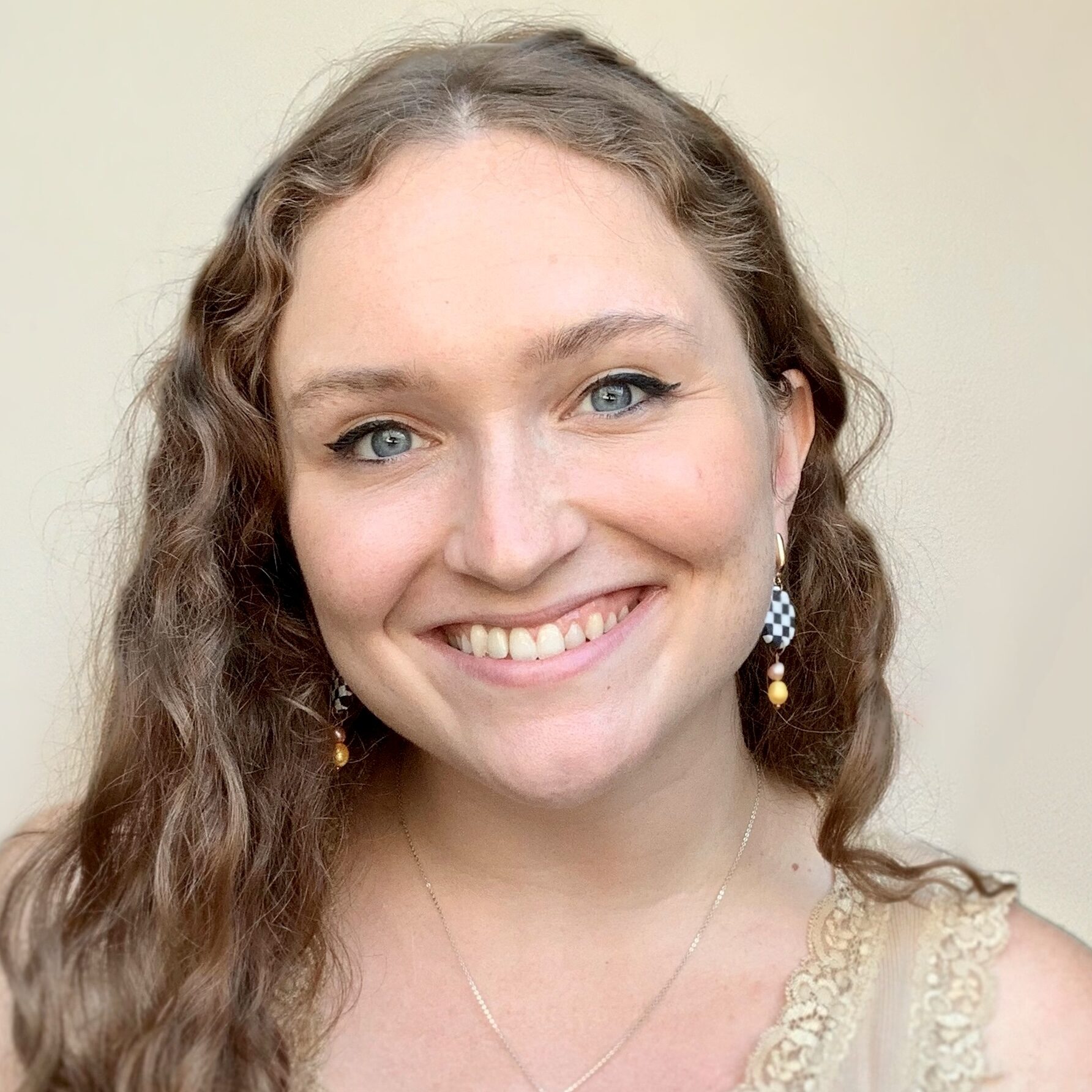
Research Staff
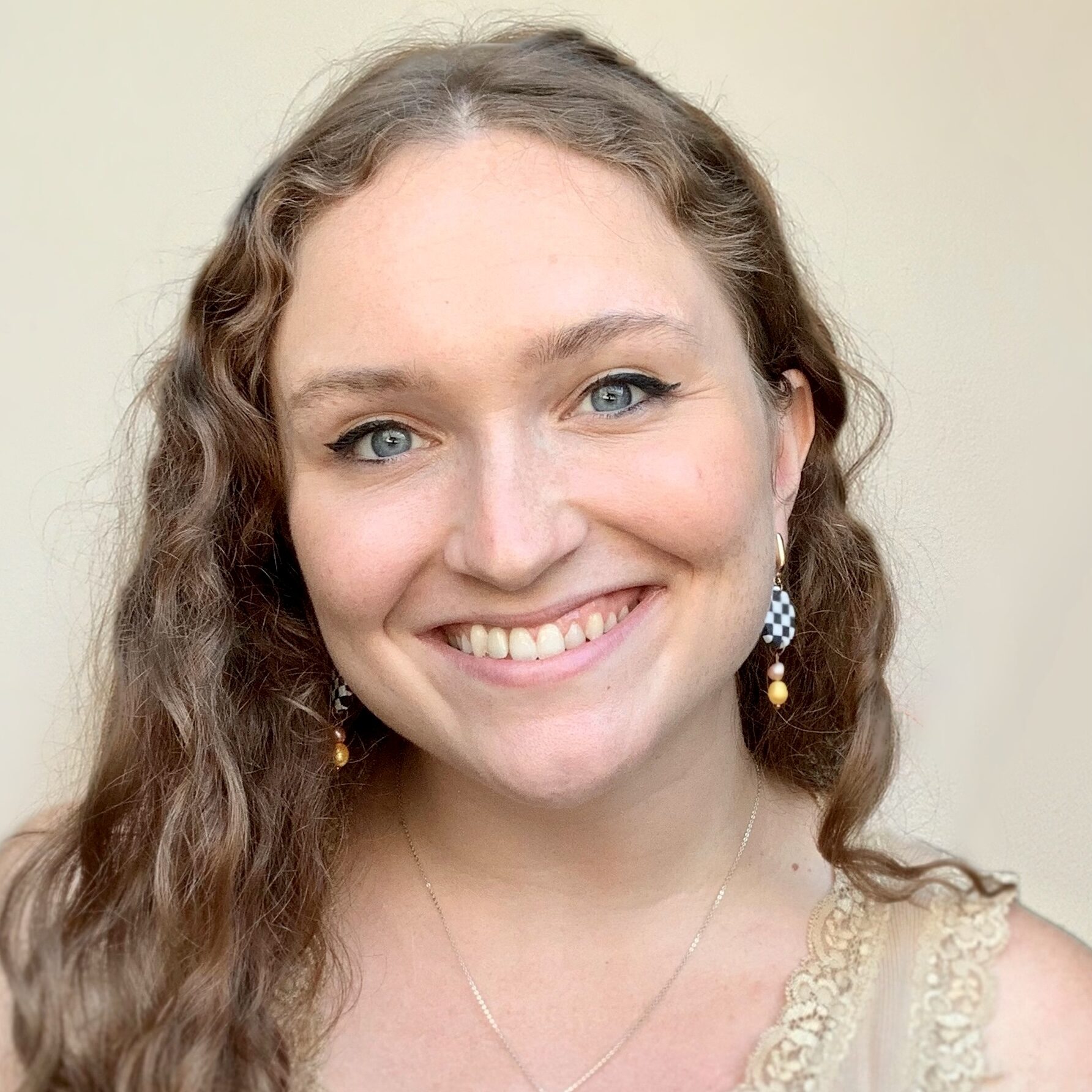
Rachel Pride, MPH - Clinical Research Program Manager
Rachel Pride, MPH is a graduate of the Columbia University Mailman School of Public Health Department of Population and Family Health where she focused in sexuality, sexual, and reproductive health. While at Columbia, she worked on research studies about child language development, adolescent sexual and reproductive health, and navigating pregnancy within the adult and juvenile justice systems. She earned her BS in Neuroscience from DePaul University in Chicago where she did her capstone project on class disparities in early childhood brain development and stress neurobiology. In addition to managing the B4 and ACEND studies with EBDI, Rachel has recently worked as a medical advocate with the Boston Area Rape Crisis Center; as a volunteer birth doula with the Birthing Gently Maternal Health Program at Mass General Brigham; as a Research Associate with Amaka Consulting and Evaluation Services working on evaluating programs related to perinatal health equity and substance use harm reduction; and as a Research Fellow at Planned Parenthood League of Massachusetts working in reproductive health equity research. Rachel will leave the lab in Fall 2024 to pursue a Master of Science in Nursing at Simmons University.
Safia Elyounssi - Senior Clinical Research Coordinator
Safia graduated from Suffolk University in 2020 with a BS in Psychology. During her time at Suffolk, she volunteered at the Psychology Assessment Center (PAC) where she was able to focus her undergraduate research on the intellectual and developmental functioning of young children who were treated with proton radiation for a pediatric brain tumor. Safia is primarily involved in a longitudinal research study that aims to identify the effects of prenatal folic acid on adolescent brain development through neuroimaging, genetics, and clinical & cognitive assessments. Safia will leave the lab in Summer 2024 to pursue a PhD in Clinical Psychology at Montclair State University.


Safia Elyounssi - Senior Clinical Research Coordinator
Safia graduated from Suffolk University in 2020 with a BS in Psychology. During her time at Suffolk, she volunteered at the Psychology Assessment Center (PAC) where she was able to focus her undergraduate research on the intellectual and developmental functioning of young children who were treated with proton radiation for a pediatric brain tumor. Safia is primarily involved in a longitudinal research study that aims to identify the effects of prenatal folic acid on adolescent brain development through neuroimaging, genetics, and clinical & cognitive assessments. Safia will leave the lab in Summer 2024 to pursue a PhD in Clinical Psychology at Montclair State University.
Oren Bazer - Senior Clinical Research Coordinator
Oren graduated from the University of Rochester in 2020 where he studied Public Health and American Studies. Outside of the classroom, Oren volunteered as a campus EMT and worked as a Research Assistant in the Cognitive Neurophysiology Lab. There, Oren assisted with projects developing EEG biomarkers for pervasive developmental disability progression, in addition to coordinating the first ever Rochester Area Rett Syndrome Research Education Day. Oren currently volunteers as a call taker with Call2Talk, a local emotional support and mental health awareness hotline. Oren plans to pursue a PhD in Clinical Psychology and investigate diagnostic practices of Depression and Anxiety in individuals with Autism Spectrum Disorders. Oren will leave the lab in Summer 2024 to pursue an MA in General Psychology at the New School.
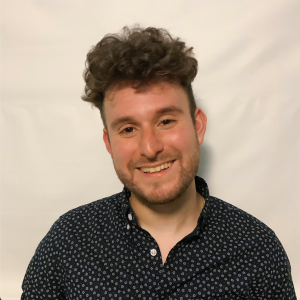
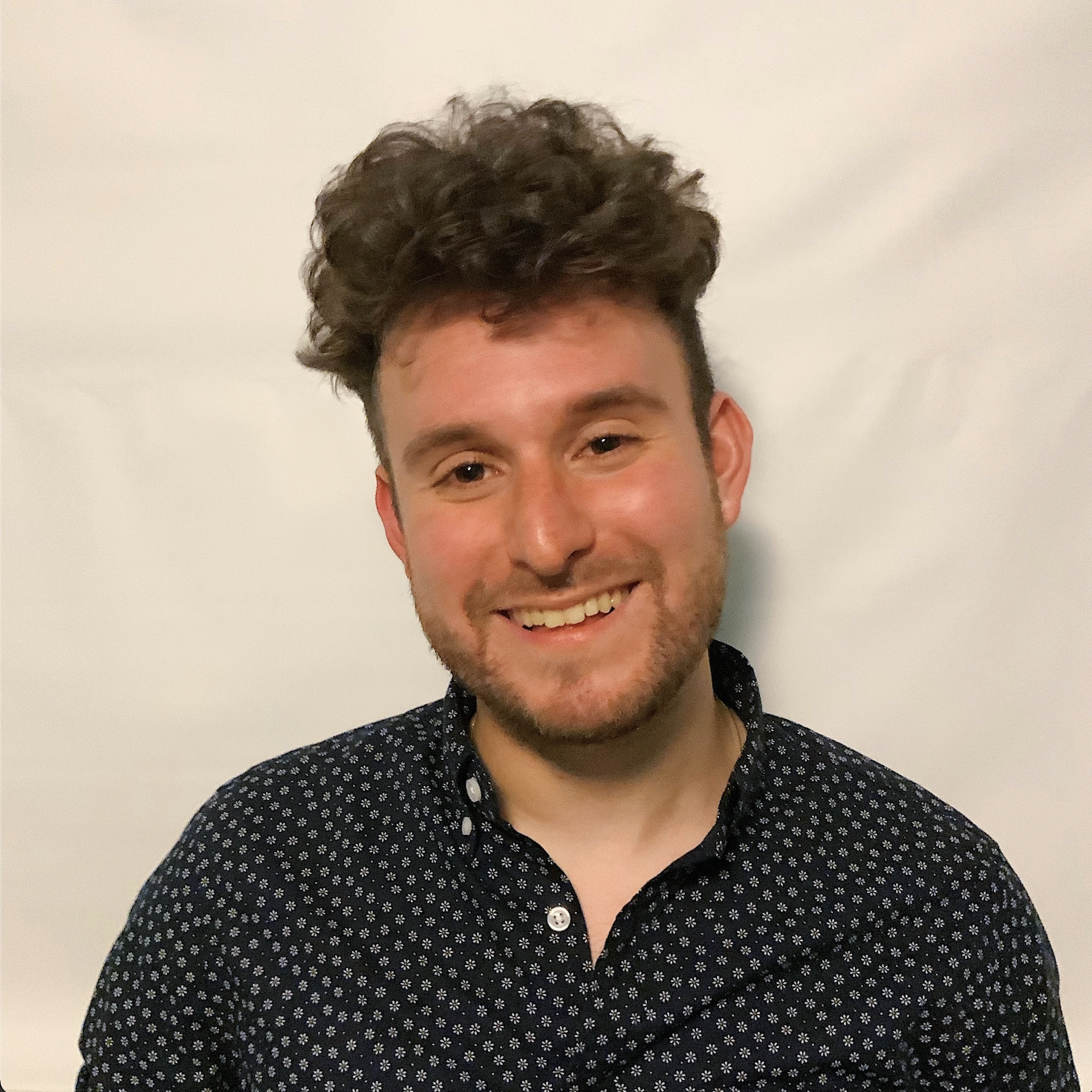
Oren Bazer - Senior Clinical Research Coordinator
Oren graduated from the University of Rochester in 2020 where he studied Public Health and American Studies. Outside of the classroom, Oren volunteered as a campus EMT and worked as a Research Assistant in the Cognitive Neurophysiology Lab. There, Oren assisted with projects developing EEG biomarkers for pervasive developmental disability progression, in addition to coordinating the first ever Rochester Area Rett Syndrome Research Education Day. Oren currently volunteers as a call taker with Call2Talk, a local emotional support and mental health awareness hotline. Oren plans to pursue a PhD in Clinical Psychology and investigate diagnostic practices of Depression and Anxiety in individuals with Autism Spectrum Disorders. Oren will leave the lab in Summer 2024 to pursue an MA in General Psychology at the New School.
Kristina Kane - Clinical Research Coordinator II
Kristina graduated from the University of Notre Dame in 2022 with a B.S. in Neuroscience & Behavior and a supplemental major in Spanish. While at Notre Dame, she participated in research on the relationship between early life experiences, brain development, and psychopathology. Kristina has a passion for working with individuals from underserved populations and has volunteered with the Special Olympics and La Casa de Amistad, an organization focused on providing educational and cultural resources to those in the Latinx community. Kristina’s primary focus in the EBDI is working on the ABCD study to make manual edits on brain images. Kristina plans to attend medical school in the future and hopes to be able to use what she learns during her time at the EBDI to guide and shape her future as a physician. Kristina will leave the lab in Summer 2024 to pursue an MD at Columbia University Vagelos College of Physicians and Surgeons.
![Kristina Headshot[10] Kristina Kane](https://earlybrain.massgeneral.org/wp-content/uploads/bb-plugin/cache/Kristina-Headshot10-circle-4650dde6e167e4fb80531442203634d3-31ohdr862gq7.jpg)
![Kristina Headshot[10] Kristina Kane](https://earlybrain.massgeneral.org/wp-content/uploads/bb-plugin/cache/Kristina-Headshot10-circle-4650dde6e167e4fb80531442203634d3-yuwpfgbc2x39.jpg)
Kristina Kane - Clinical Research Coordinator II
Kristina graduated from the University of Notre Dame in 2022 with a B.S. in Neuroscience & Behavior and a supplemental major in Spanish. While at Notre Dame, she participated in research on the relationship between early life experiences, brain development, and psychopathology. Kristina has a passion for working with individuals from underserved populations and has volunteered with the Special Olympics and La Casa de Amistad, an organization focused on providing educational and cultural resources to those in the Latinx community. Kristina’s primary focus in the EBDI is working on the ABCD study to make manual edits on brain images. Kristina plans to attend medical school in the future and hopes to be able to use what she learns during her time at the EBDI to guide and shape her future as a physician. Kristina will leave the lab in Summer 2024 to pursue an MD at Columbia University Vagelos College of Physicians and Surgeons.
Eline Laurent - Clinical Research Coordinator II
Eline is a recent graduate of Amherst College where she earned a Bachelor of Arts in Neuroscience, Psychology, and Education and competed on the Cross-Country and Track & Field teams. During her time at Amherst, she worked as a Research Assistant in the Child Learning and Development Lab at Amherst College and she interned at the Gaab Lab at the Harvard Graduate School of Education which focuses on developmental cognitive neuroscience. Eline’s undergraduate thesis focused on examining the effects of parental dyslexia on children’s reading outcomes. For several summers, she has worked with children with language-based learning difficulties. Eline aspires to become a clinical psychologist specifically supporting children and adolescents with developmental disorders, and to help bridge the gap between research and clinical practice.


Eline Laurent - Clinical Research Coordinator II
Eline is a recent graduate of Amherst College where she earned a Bachelor of Arts in Neuroscience, Psychology, and Education and competed on the Cross-Country and Track & Field teams. During her time at Amherst, she worked as a Research Assistant in the Child Learning and Development Lab at Amherst College and she interned at the Gaab Lab at the Harvard Graduate School of Education which focuses on developmental cognitive neuroscience. Eline’s undergraduate thesis focused on examining the effects of parental dyslexia on children’s reading outcomes. For several summers, she has worked with children with language-based learning difficulties. Eline aspires to become a clinical psychologist specifically supporting children and adolescents with developmental disorders, and to help bridge the gap between research and clinical practice.
Daniela Restrepo - Clinical Research Coordinator II
Daniela Restrepo is a recent graduate from Emmanuel College where she earned her B.S in Biology with a concentration in Health Sciences. During her time at Emmanuel she worked as an ABA technician providing clinical skills instructions while managing challenging behaviors of children with autism, as well as those suffering from sensory issues and difficulties communicating and responding appropriately to others. She also interned at Boston Children’s Neurology Quality Improvement department where she aided in updating quality measures and identifying manufacturing deficiencies that hindered patient care. In her free time Daniela loves to get active by running and weight training, as well as hiking with her friends. While working in the MGH emergency department she became passionate about addressing and supporting underinsured and underrepresented communities within healthcare. She hopes to pursue higher education centered around the study of reproductive health.
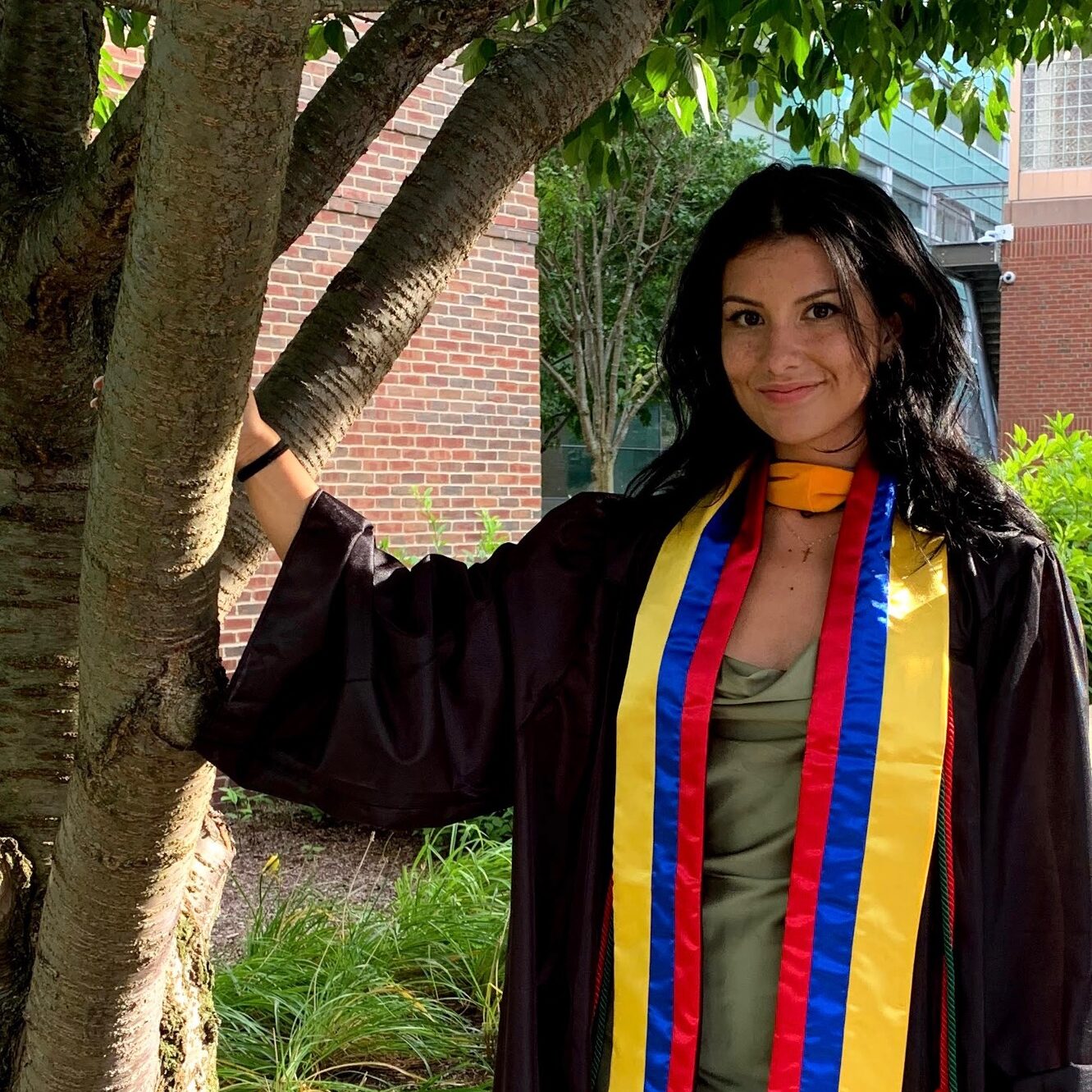
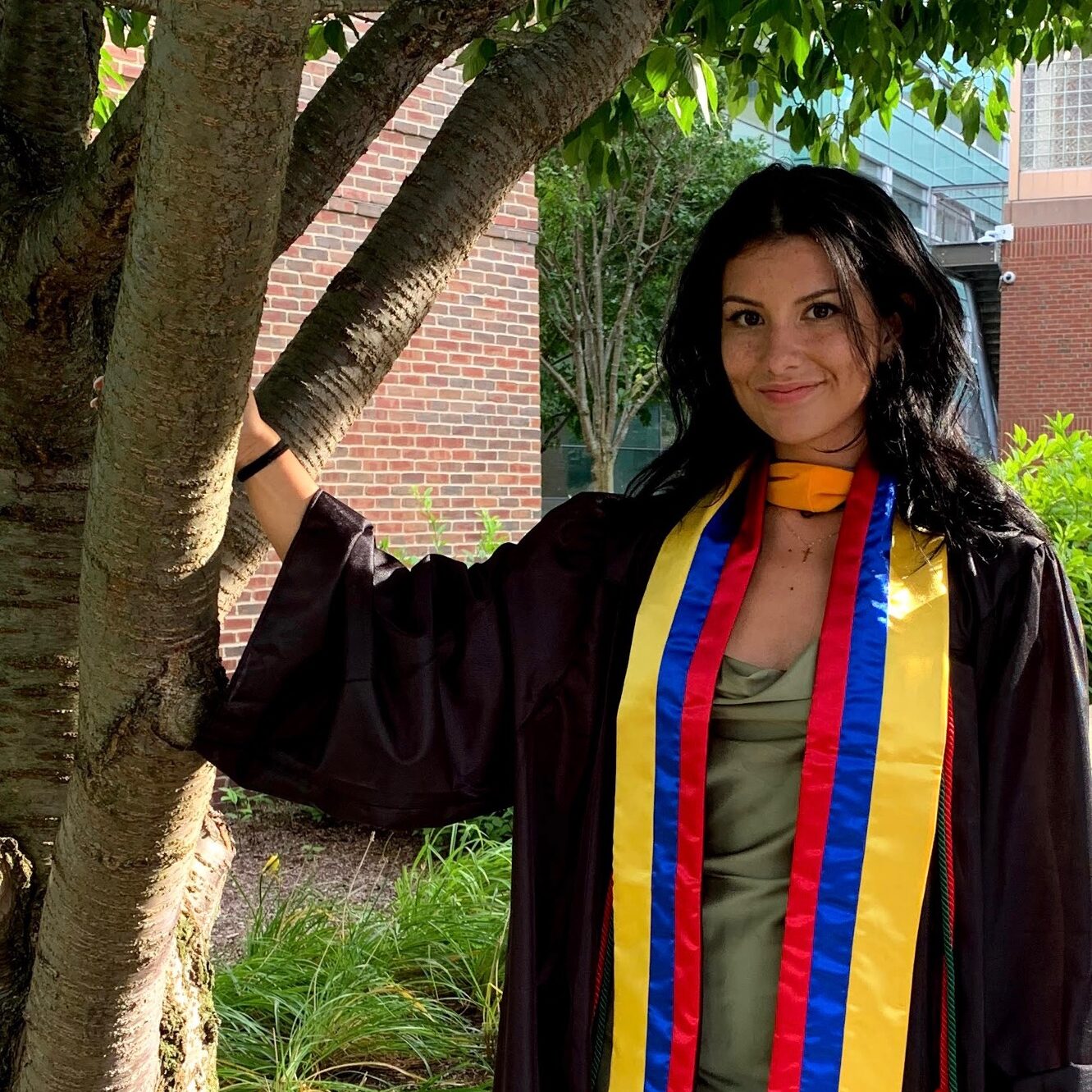
Daniela Restrepo - Clinical Research Coordinator II
Daniela Restrepo is a recent graduate from Emmanuel College where she earned her B.S in Biology with a concentration in Health Sciences. During her time at Emmanuel she worked as an ABA technician providing clinical skills instructions while managing challenging behaviors of children with autism, as well as those suffering from sensory issues and difficulties communicating and responding appropriately to others. She also interned at Boston Children’s Neurology Quality Improvement department where she aided in updating quality measures and identifying manufacturing deficiencies that hindered patient care. In her free time Daniela loves to get active by running and weight training, as well as hiking with her friends. While working in the MGH emergency department she became passionate about addressing and supporting underinsured and underrepresented communities within healthcare. She hopes to pursue higher education centered around the study of reproductive health.
Carine Roland - Project Coordinator
Carine is a recent graduate from the University of Massachusetts-Dartmouth with a B.A. in Health and Society and a minor in Black Studies. During her time at University, she was elected to be president of the NAACP college chapter. She helped students and staff members learn and be a part of the NAACPs mission statement to promote equity and eliminate racial discrimination through law and policy change. Aside from advocating Carine has a strong passion for mentoring and caring for children and was a teacher's assistant for economically disadvantaged girls at Our Sister School in New Bedford, Massachusetts. Carine recognizes and appreciates the privilege of working with all different types of children and wants to pursue a career in pediatric epidemiology. She is enthusiastic to participate in the MGH Early Brain Initiative Program and to contribute to and be a part of innovative research that helps children.
![Carine[26] Carine[26]](https://earlybrain.massgeneral.org/wp-content/uploads/bb-plugin/cache/Carine26-circle-2c5b5941cb0f36d77d5f15d4415537b8-5ga0ed3679zl.jpg)
![Carine[26] Carine[26]](https://earlybrain.massgeneral.org/wp-content/uploads/bb-plugin/cache/Carine26-circle-2c5b5941cb0f36d77d5f15d4415537b8-2rpmuvltokca.jpg)
Carine Roland - Project Coordinator
Carine is a recent graduate from the University of Massachusetts-Dartmouth with a B.A. in Health and Society and a minor in Black Studies. During her time at University, she was elected to be president of the NAACP college chapter. She helped students and staff members learn and be a part of the NAACPs mission statement to promote equity and eliminate racial discrimination through law and policy change. Aside from advocating Carine has a strong passion for mentoring and caring for children and was a teacher's assistant for economically disadvantaged girls at Our Sister School in New Bedford, Massachusetts. Carine recognizes and appreciates the privilege of working with all different types of children and wants to pursue a career in pediatric epidemiology. She is enthusiastic to participate in the MGH Early Brain Initiative Program and to contribute to and be a part of innovative research that helps children.
Bob Cooper - Clinical Research Coordinator


Bob Cooper - Clinical Research Coordinator
Devika Subedi - Clinical Research Coordinator II
Devika graduated from Swarthmore College in 2023, where she studied Medical Anthropology and Psychology. In particular, she focused on reproductive health disparities and wrote her thesis on the impacts of the COVID-19 pandemic on birth experiences and doula work. During this time, she was also a Public Health Associate with the Lang Center for Civic and Social Responsibility, worked on the health access team at a refugee resettlement organization in Philadelphia, and led SwatDoulas, a club which offered students training as community doulas. After graduating, Devika spent a year teaching at a university in Madrid through a Fulbright grant. She plans to eventually become a physician and continue working to make reproductive healthcare more equitable and accessible.
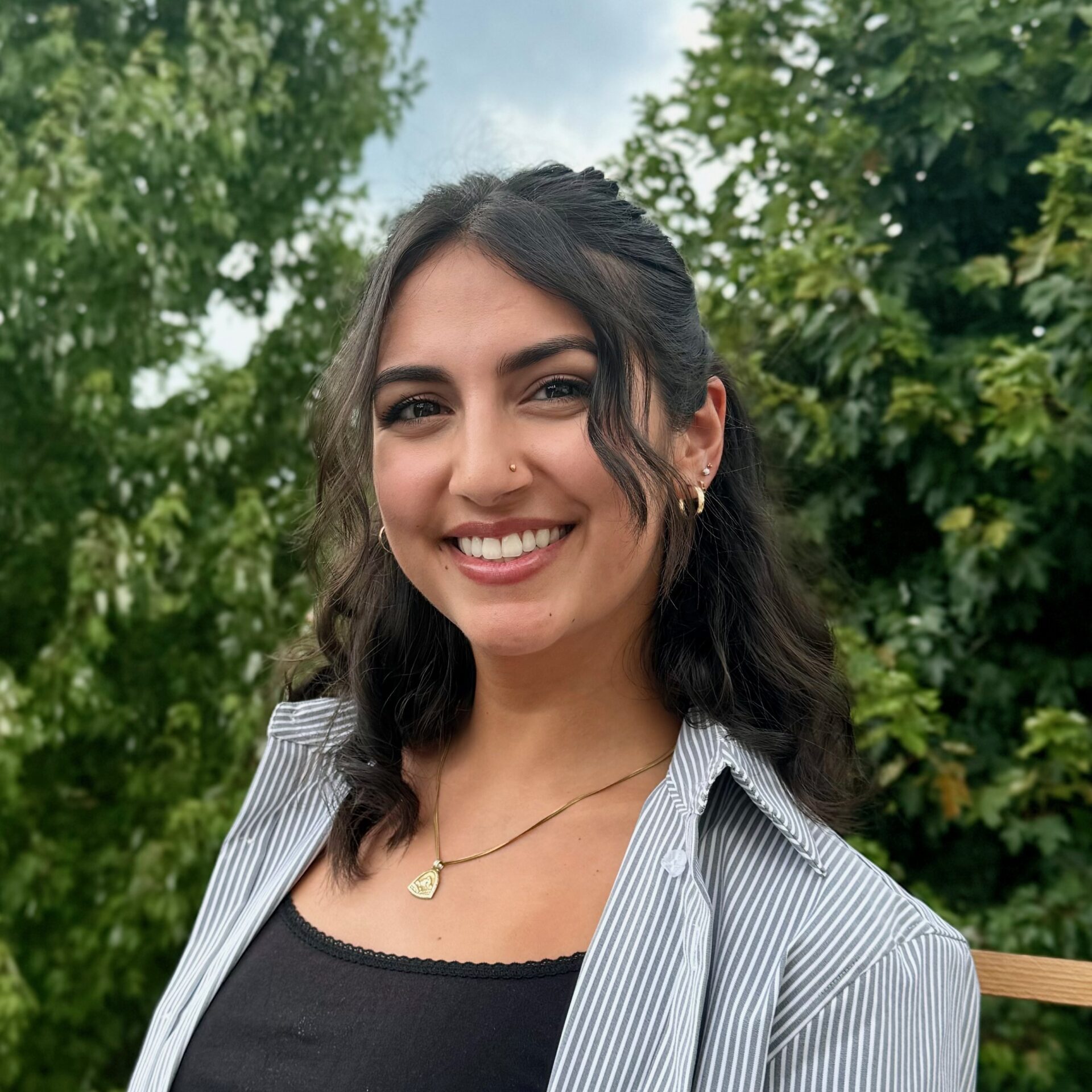
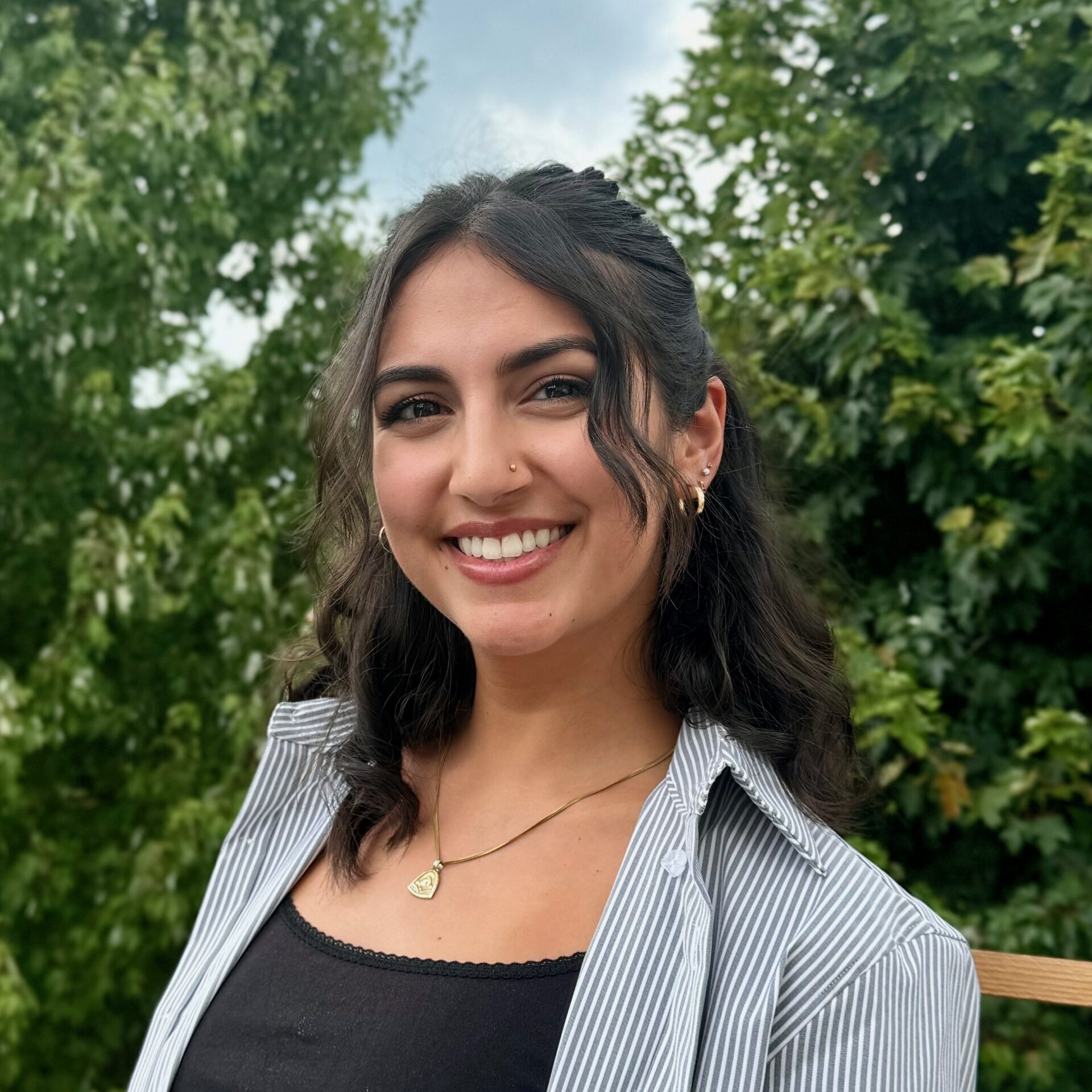
Devika Subedi - Clinical Research Coordinator II
Devika graduated from Swarthmore College in 2023, where she studied Medical Anthropology and Psychology. In particular, she focused on reproductive health disparities and wrote her thesis on the impacts of the COVID-19 pandemic on birth experiences and doula work. During this time, she was also a Public Health Associate with the Lang Center for Civic and Social Responsibility, worked on the health access team at a refugee resettlement organization in Philadelphia, and led SwatDoulas, a club which offered students training as community doulas. After graduating, Devika spent a year teaching at a university in Madrid through a Fulbright grant. She plans to eventually become a physician and continue working to make reproductive healthcare more equitable and accessible.
Sofia Perdomo - Clinical Research Coordinator


Sofia Perdomo - Clinical Research Coordinator
Mariale Bazan, MD, MPH - Clinical Research Program Manager


Mariale Bazan, MD, MPH - Clinical Research Program Manager
August Blum - Clinical Research Coordinator
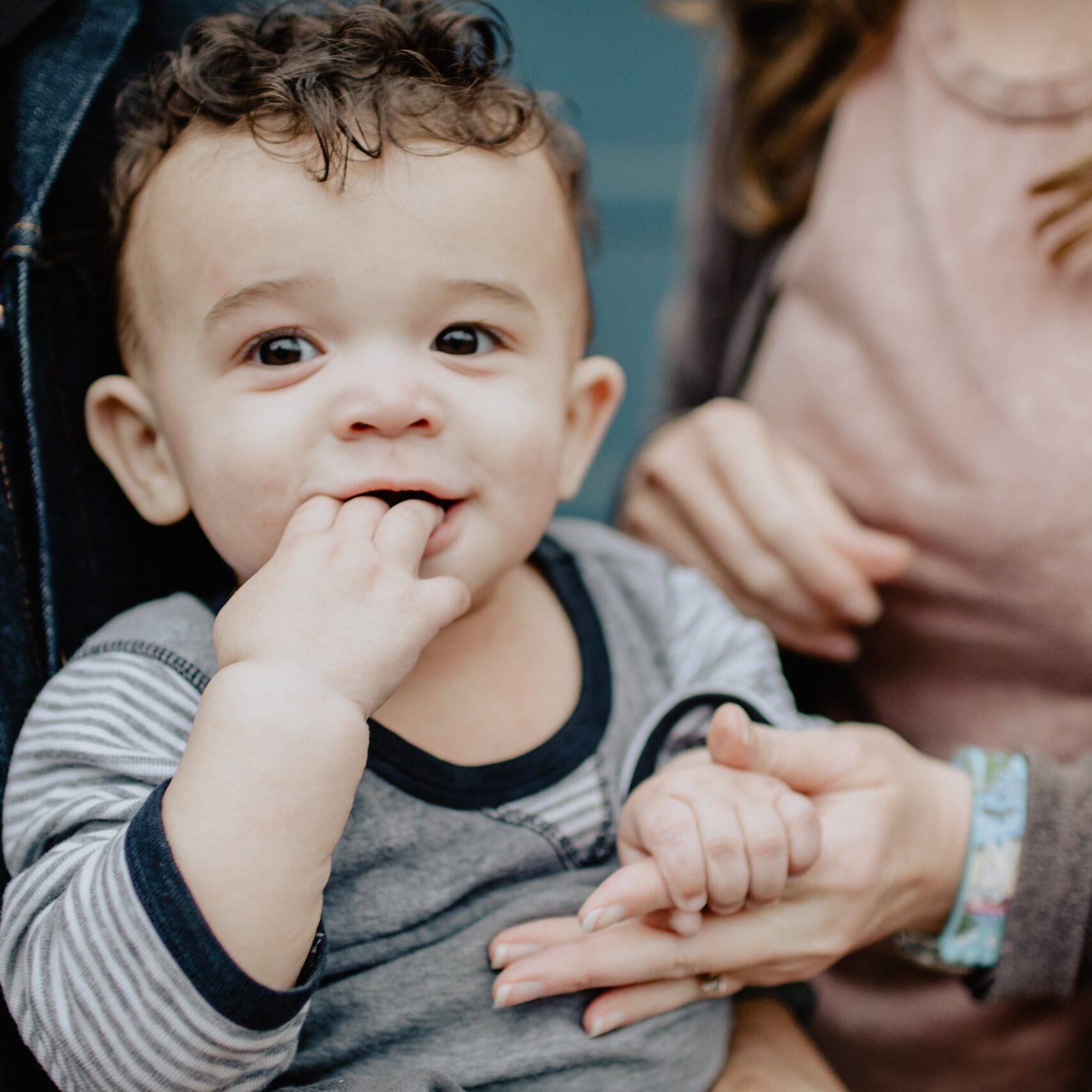
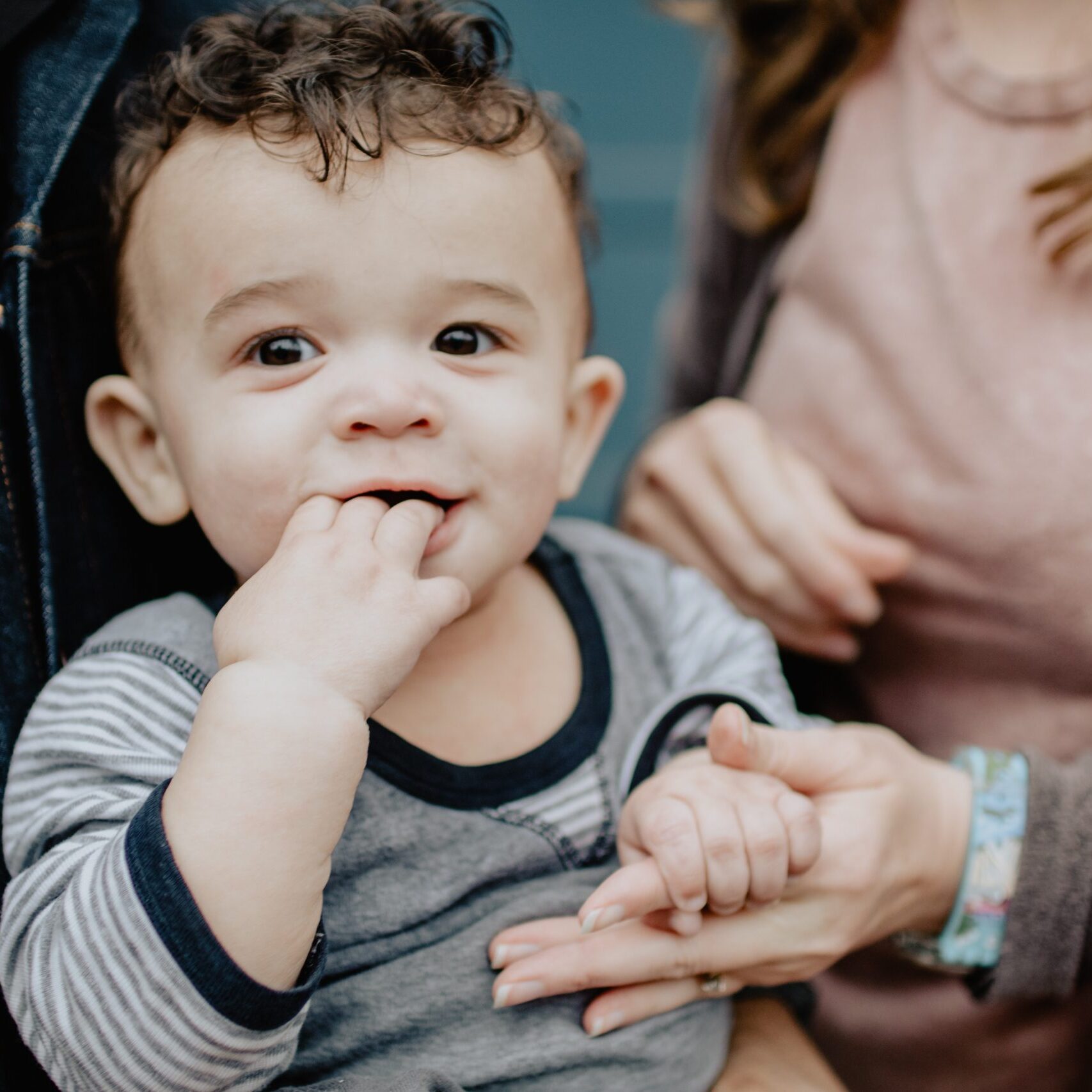
August Blum - Clinical Research Coordinator
Key Collaborators
Key Collaborators
Alumni
Alumni
Oren Bazer, MA Candidate (General Psychology), The New School
Kristina Kane, MD Candidate, Columbia University Vagelos College of Physicians and Surgeons
Jacci Clauss, MD, PhD Assistant Professor, The University of Maryland School of Medicine
Keiko Kunitoki, MD, MPH, Resident Physician, The University of Texas Health Science Center at Houston (UTHealth Houston)
Jannely Villarreal, MPH, MD Candidate, Stanford University School of Medicine
Katherine Shauh, Integrated Marketing, Wayfair
Allison Fitzgerald, Undergraduate Student, Northeastern University
Elena Wollman, Undergraduate Student, Northeastern University
Dylan Hughes, PhD Candidate (Clinical Psychology), University of California at Los Angeles
Melissa Pax, MS Candidate (ALIGN Computer Science), Northeastern University
Casey Hopkinson, Forensic Evidence Technician, Cambridge Police Department
David Brohawn, PhD (Genetics), Scientist, Ambry Genetics
Kevin Dowling, MD-PhD Candidate (Neuroscience), University of Pittsburgh / Carnegie Mellon University
New Fei Ho, PhD (Neuroscience), Research Fellow, Institute of Mental Health, Singapore
Franklin Huntington, PhD Candidate (Clinical Child Psychology), University of Denver
Maddie Giegold, MD (Emergency Medicine), UCSF
Adam Nitenson, PhD (Neuroscience), Project Coordinator, Rhode Island State Opiate Response
Anais Rodriguez-Thompson, PhD Candidate (Clinical Psychology), University of North Carolina
Noah Silverstein, MD-PhD Candidate (Neuroimmunology) , University of Massachusetts
Alexandra Tanner, PhD (Clinical Psychology), Licensed Clinical Psychologist, TherapyLab






